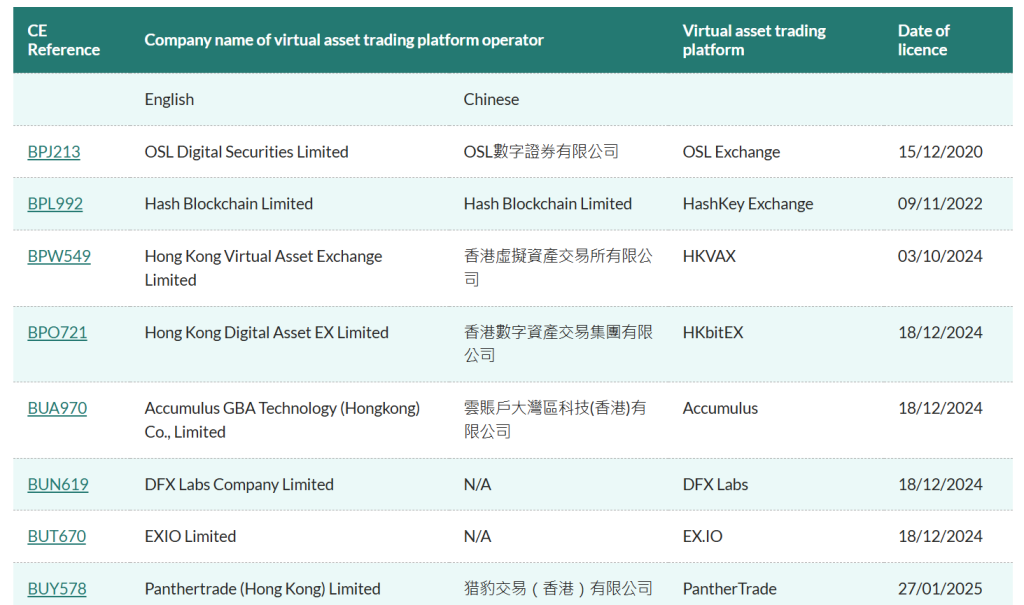In a dramatic turn of events that has rattled the financial landscape of Hong Kong, authorities have charged 16 individuals—12 men and 4 women, including former barrister Joseph Lam Chok—in connection with the astounding HK$1.6 billion (equivalent to approximately US$205.8 million) JPEX cryptocurrency fraud case. The saga first came to light in September 2023, marking it as one of the largest financial fraud investigations the city has ever seen. By February 2024, reports indicated that over 2,636 complainants had reported losses, bringing the total estimated damage to around HK$1.616 billion.
Chief Superintendent Ernest Wong Chun-yue of the Commercial Crime Bureau has stated that Interpol is now pursuing two of the alleged ringleaders and a key member of this fraud operation, underscoring the international implications of the case. This breathless investigation has not only garnered significant media attention but has also raised pressing questions about the safety and regulation of cryptocurrencies in the region.
16 charged in JPEX crypto fraud case – over 2 years since initial arrests. In full: https://t.co/hYQVWFUa2G— Hong Kong Free Press HKFP (@hkfp) November 5, 2025
Local law enforcement officials have pressed charges against six primary members, as well as seven promoters, who are accused of colluding to entice Hong Kong residents into fraudulent virtual asset investments, only to subsequently steal and launder their funds. The situation has escalated to the point where authorities have made 80 arrests and successfully frozen assets totaling a staggering HK$228 million. These assets include HK$14.5 million in cryptocurrency alongside luxury cars, real estate, bank funds, and cash.
In a sobering statistic, the Security Bureau revealed that 666 victims have opted not to take further action, while 659 remain unreachable, leaving 1,311 individuals who have formally submitted statements. Senior Superintendent Fanny Kung Hing-fun acknowledged that several suspects managed to evade capture before the authorities were able to act, which has led to the issuance of Interpol red notices for three fugitives.
This case represents a landmark moment, as it is the first time that charges related to the JPEX fraud have been filed under the Anti-Money Laundering and Counter-Terrorist Financing Ordinance. The main suspects now face serious allegations of fraudulently convincing others to invest in virtual assets, with potential penalties up to HK$1 million in fines and seven years of imprisonment. All 16 individuals charged are also facing money laundering accusations, including Lam and promoter Chan Wing-yee, with appearances set for Eastern Court on Thursday morning.
Additionally, the fallout from the JPEX scandal has reached beyond borders, with Taiwanese singer Nine Chen (Chen Lingjiu) implicated in the scheme. Reports indicate that Chen allegedly received 320,000 Tether tokens—worth around NT$10 million—from a Hong Kong businessman to promote JPEX in Taiwan.
Taiwan singer Nine Chen, aka Chen Lingjiu, has been implicated in a major fraud case linked to Hong Kong’s JPEX cryptocurrency exchange.#jpex #taiwan #NineChen https://t.co/4B8uirRPnl— Cryptonews.com (@cryptonews) June 27, 2024
Moreover, the Securities and Futures Commission (SFC) has come forward to expose false claims made by JPEX promoters, stating that many associated with the platform misrepresented its pursuit of regulatory approval when, in reality, no application was ever submitted. Chief Executive John Lee Ka-chiu has backed the SFC’s initiative to provide “transparent and clear” information about cryptocurrency companies seeking licenses, assisting investors in making informed decisions.

Authorities are also collaborating with the SFC to ramp up educational efforts aimed at informing the public about safe trading practices, especially in light of the rampant fraud exemplified by the JPEX case. Of note, recent SFC data reveals that 11 platforms, including HashKey, OSL, HKVAX, Bullish, BGE, and HKBitEx, have successfully secured licenses for retail cryptocurrency trading in Hong Kong. This underscores the government’s ongoing commitment to enhancing crypto regulations.
As the regulatory landscape in Hong Kong tightens, we can expect that more stringent measures will follow in the wake of recent fraud cases. Major exchanges like Bybit and Crypto.com have submitted applications for regulatory approval as they await decisions from the SFC, signaling both the challenges and opportunities in cryptocurrency markets.
To wrap up, the JPEX scandal serves as a stark reminder of the vulnerabilities present in the rapidly evolving world of cryptocurrencies. As fraud schemes become increasingly sophisticated, investors must remain vigilant and informed, navigating this complex landscape with care. Authorities’ commitment to tightening regulations, promoting transparency, and educating the public about safe investment practices cannot be overstated.
For those interested in the evolving regulations in the cryptocurrency space, more insights can be found at the [Hong Kong SFC](https://www.sfc.hk/en/) and [Cryptonews](https://cryptonews.com/) sites.
